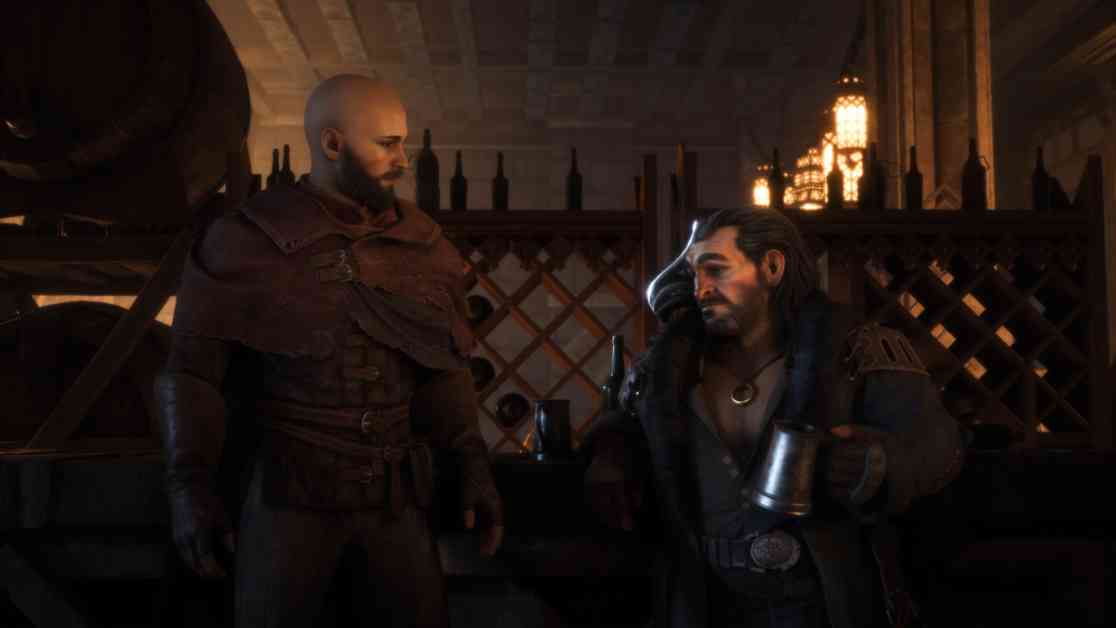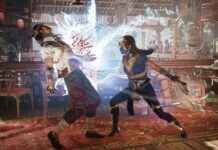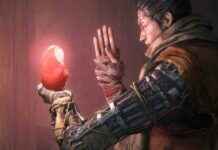The Importance of Player Choices in BioWare Games
BioWare has long been known for its commitment to allowing players to make choices that impact the game world. From the Mass Effect series to Dragon Age, the studio has built a reputation for creating games where player decisions truly matter. With each new installment, BioWare has strived to preserve these choices and carry them forward into future games, creating a sense of continuity and player agency.
In the past, BioWare has employed various methods to preserve player choices across games. In the Mass Effect series, players could import their save files from previous games, allowing key decisions to carry over and shape the narrative of the next installment. Similarly, in Dragon Age, players could use a separate app to craft their world state for Inquisition, ensuring that their past choices had a lasting impact on the game world.
Evolution of Player Choices in Dragon Age: The Veilguard
In the upcoming Dragon Age: The Veilguard, BioWare is taking a different approach to preserving player choices. Instead of relying on save imports or external apps, players will have the opportunity to make key decisions in the character creator that reflect choices made in Inquisition. This new method allows players to set the stage for their next adventure right from the start, ensuring that their past decisions continue to shape the world of Thedas.
John Epler, creative director on The Veilguard, recently spoke about BioWare’s philosophy for handling player choices. He emphasized the studio’s commitment to respecting player decisions and avoiding the invalidation of choices made in previous games. This approach reflects BioWare’s dedication to creating a game world that feels truly personalized and responsive to player actions.
The Challenge of Maintaining Player Choices in a Dynamic World
Despite BioWare’s efforts to preserve player choices, the studio has faced challenges in maintaining consistency across its games. While the team strives to respect player decisions, there have been instances where major choices have been undone or written around in subsequent installments. This inconsistency has led to frustration among some fans who feel that their choices are not always given the weight they deserve.
One example of this inconsistency can be seen in the Dragon Age series, where characters like Anders and Leliana have been brought back in later games despite being killed off in previous installments. While the team has provided explanations for these discrepancies, they still serve as reminders of the limitations of carrying player choices forward in a dynamic and evolving game world.
Navigating the Complexities of Player Choices in BioWare Games
As BioWare prepares to release The Veilguard and the next Mass Effect game, fans have raised concerns about how the studio will handle player choices from previous games. With the announcement that Liara T’Soni will be a squadmate in the next Mass Effect, questions have arisen about how the game will address the galaxy-changing events of Mass Effect 3.
BioWare’s approach to player choices in its games goes beyond simply picking a canon ending and moving forward. The studio recognizes the importance of maintaining player agency and ensuring that each player’s decisions are respected. While there may be challenges in reconciling conflicting choices, BioWare remains committed to creating a game world that feels dynamic, responsive, and true to the player’s individual experience.
In conclusion, BioWare’s dedication to preserving player choices in its games speaks to the studio’s commitment to creating immersive and engaging experiences for players. While there may be challenges and inconsistencies along the way, the team’s philosophy of respecting player decisions and avoiding the invalidation of choices is a testament to their dedication to crafting rich and dynamic game worlds. As players embark on new adventures in The Veilguard and beyond, they can rest assured that their choices will continue to shape the world of BioWare’s iconic franchises.





















